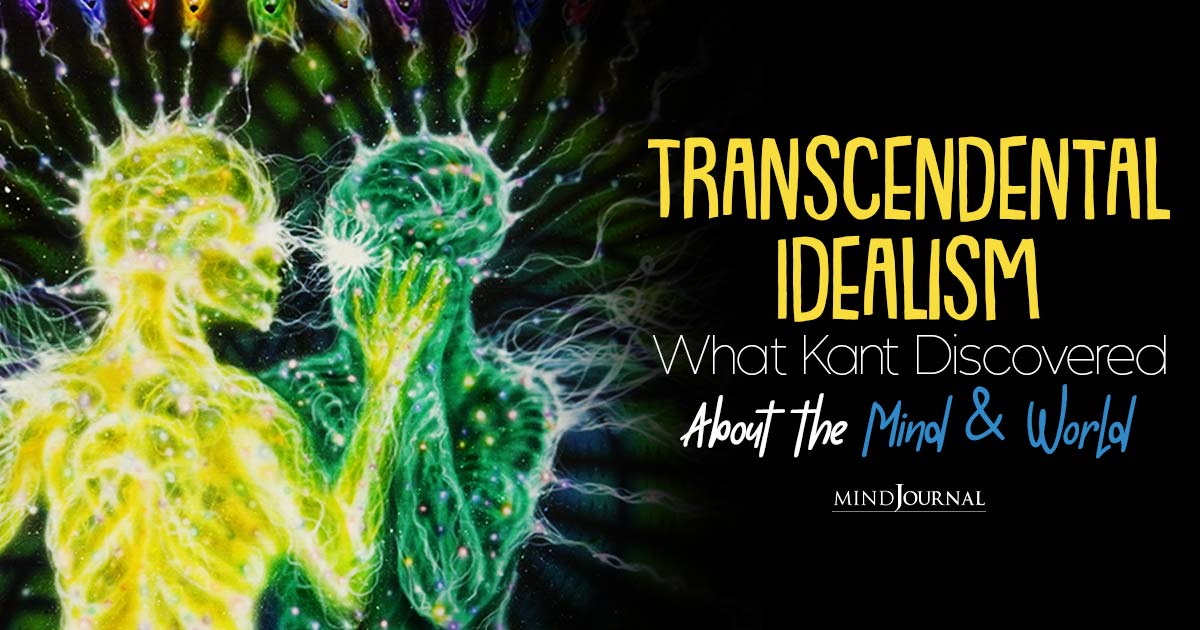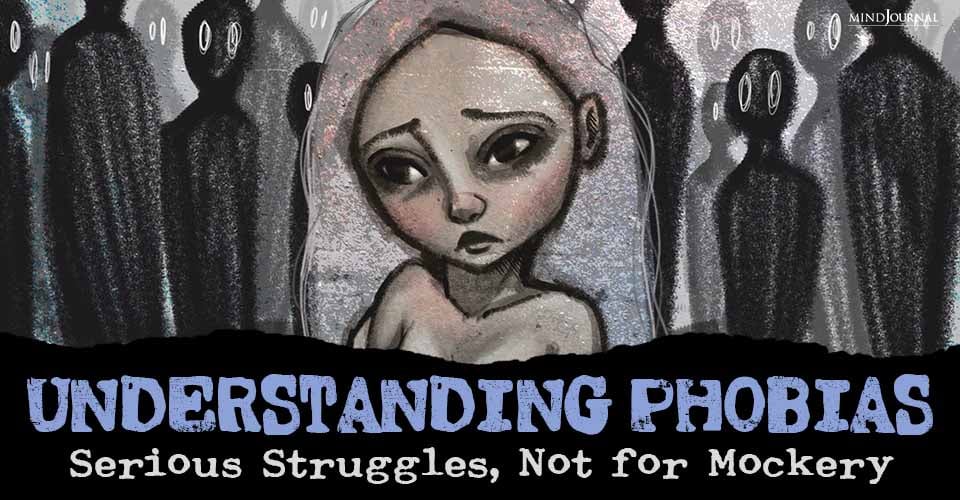Transcendental idealism is a complex and nuanced theory that has influenced philosophy, science, and our understanding of reality. Join us as we explore what is transcendental idealism and its key concepts in this in-depth analysis.
Transcendental idealism is a philosophical concept that has been discussed and debated for centuries. It explores the relationship between perception, reality, and the mind.
What is transcendental idealism?
Transcendental idealism simple explanation: The theory holds that the mind plays an active role in shaping our perception of reality, and that our understanding of the world is therefore subjective and relative.
Transcendental idealism is a philosophical theory that was developed by Immanuel Kant in the late 18th century. According to Kant, there are two aspects of reality:
- The noumenal world, which is the world as it is in itself.
- The phenomenal world, which is the world as it appears to us.
Kant argued that while we can never know the noumenal world directly, our perception of the phenomenal world is shaped by our mental structures or categories, which he called the “transcendental” aspect of the mind.
In other words, Kant believed that our perception of the world is not simply a passive reflection of reality, but rather an active construction that is shaped by our mental faculties. This is what he meant by “transcendental idealism.”

Transcendental idealism example:
An example of transcendental idealism is the idea that our perception of time and space is not objective, but rather a construction of the mind. Another example is the concept of causation, which is also seen as a mental construct.
Now that we have understood transcendental idealism simple explanation and transcendental idealism example, let’s understand the nuances of the concept.
Transcendental idealism in philosophy
Kant’s transcendental idealism has had a significant impact on philosophy, particularly in the areas of epistemology and metaphysics. The theory challenges traditional notions of objectivity and truth, and emphasizes the subjective and relative nature of our understanding of the world.
One of the key concepts of transcendental idealism of Kant is the distinction between the noumenal and phenomenal worlds. Kant argued that while we can never know the noumenal world directly, we can still gain knowledge of the phenomenal world through our experiences and perceptions.
Another important concept of transcendental idealism is the idea of the “transcendental ego,” which refers to the active role that the mind plays in shaping our perception of the world.
According to Kant, our mental structures or categories are not merely passive filters through which we experience reality, but rather active components that shape our understanding of the world.
Related: Philosophy 101: 10 Philosophical Concepts To Help You Navigate Life’s Complexities
Transcendental idealism in science
Transcendental idealism has also had an impact on science, particularly in the area of cognitive science. One of the key concepts of transcendental idealism in science is the idea that our perception of the world is shaped by our mental structures or categories.
This has led to a greater understanding of how the brain processes information and how our perception of the world is influenced by our mental processes.
Another important concept of transcendental idealism in science is the idea that our understanding of the world is limited by our cognitive capacities. This has led to a greater understanding of the limitations of scientific inquiry and the importance of acknowledging the role of subjectivity in scientific research.
Transcendental idealism in the nature of reality
Understanding what is transcendental idealism helps us realize that this philosophy also has an impact on our understanding of the nature of reality. One of the primary concepts of transcendental idealism in the nature of reality is the idea that our perception of the world is not simply a passive reflection of reality, but rather an active construction that is shaped by our mental faculties.
This has led to a greater understanding of the role of subjectivity in our understanding of the world and the importance of acknowledging the limitations of our knowledge.
Another important concept of transcendental idealism of Kant in the nature of reality is the idea that reality is not simply a fixed and objective entity, but rather a dynamic and constantly evolving process.
This has led to a greater appreciation of the complexity and interconnectedness of the world and the importance of understanding the role of human agency in shaping the world around us.
Transcendental idealism criticism
Now that we know what is transcendental idealism, let’s emphasize some of the criticism. While transcendental idealism has had a significant impact on philosophy and our understanding of the world, it has also faced criticism from various quarters.
Here are some common transcendental idealism criticism:
1. Lack of clarity
Critics argue that transcendental idealism is a complex and obscure theory that is difficult to understand and apply. This makes it hard to engage with the theory in a meaningful way and limits its practical value.
2. Subjectivity
Transcendental idealism’s emphasis on the subjective and relative nature of our understanding of the world has been criticized for promoting relativism, which some argue leads to a lack of moral and ethical standards.
Critics argue that without a shared understanding of what is right and wrong, society risks falling into chaos.
Related: 12 Dreamlike Perceptions Causing You Anxiety and Depression
3. Epistemological limitations
Some critics argue that transcendental idealism places too much emphasis on the limitations of human knowledge and the subjective nature of our understanding of the world. This can lead to a sense of skepticism and nihilism that undermines the possibility of objective truth and progress.
4. Ignoring the external world
Transcendental idealism’s focus on the subjective and mental aspect of perception has been criticized for neglecting the external world and the role of physical reality in shaping our understanding of the world.
Critics argue that this emphasis on the mind can lead to a solipsistic view of the world and a lack of appreciation for the role of the external world in shaping our experiences.
5. Lack of practical value
Some critics argue that transcendental idealism is a purely theoretical concept that has little practical value or application. This can limit its relevance and impact in the real world.
These are just some of the criticisms that have been leveled at Kant’s transcendental idealism over the years. Despite these criticisms, however, transcendental idealism continues to be an important concept in philosophy and our understanding of the world.

Takeaway
So what is transcendental idealism? Transcendental idealism is a complex and nuanced theory that has had a significant impact on philosophy, science, and our understanding of the nature of reality.
The theory challenges traditional notions of objectivity and emphasizes the subjective and relative nature of our understanding of the world.
It also emphasizes the active role that the mind plays in shaping our perception of the world and the importance of acknowledging the limitations of our knowledge. Whether you agree with it or not, transcendental idealism is an important concept that will continue to shape our understanding of the world for years to come.
Related: Hylomorphism Theory: Exploring The Relationship Between Form And Matter










Leave a Reply